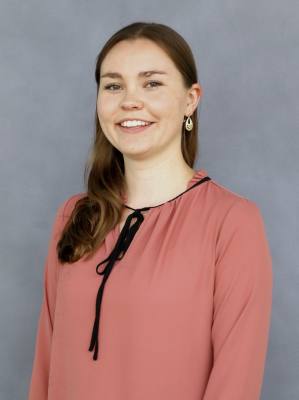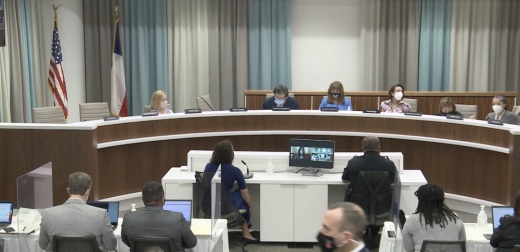The trustees absorbed the data on post-secondary education during an information session.
“We as a district have never really paid close attention to kids once they leave,” Trustee Arati Singh said. “And when you look at the data it’s not great”
About 39% of Central Texas low income students enrolled in a university within a year of high school graduation in 2019, compared to 46% of low income students in Texas at large, according to data from local education data-focused nonprofit E3 Alliance.
Susan Dawson, executive director of E3 Alliance, said the statistic that is “so alarming,” is that students who do not receive post-secondary credential—such as a college degree or industry certification—within 6 years of leaving high school have only a 12% chance of working a living wage job.
Trustee Arati Singh said the district owes students, “more than a 12% chance at a living wage.” Singh suggested the district edit its scorecard, a tool the district uses to track its student outcomes, to include goals for college attainment rates, rather than only college readiness.
"What good is college readiness if it doesn't lead to a degree or certification?" Singh said Sept. 10.
For board president Geronimo Rodriguez, data on local Hispanic and Black students’ low rates of continuance to college education after high school is personal.
“I just remember living and being raised up as an exception to the rule and I just hated that,” Rodriguez said.
Dawson recommended that AISD share data with Austin Community College about which high schools in the district show the lowest rate of low-income students enrolling in post-high school education. That way, Dawson said, the college can focus outreach efforts at those schools.
Dawson said adults sometimes tell students that college may be too challenging for them.
“We really have a responsibility to change the culture of the region,” Dawson said. “We’ve got to change it. We, the adults, need to change that.”
Editor's note: This story has been updated to clarify Trustee Arati Singh's suggestions about the district's scorecard.





